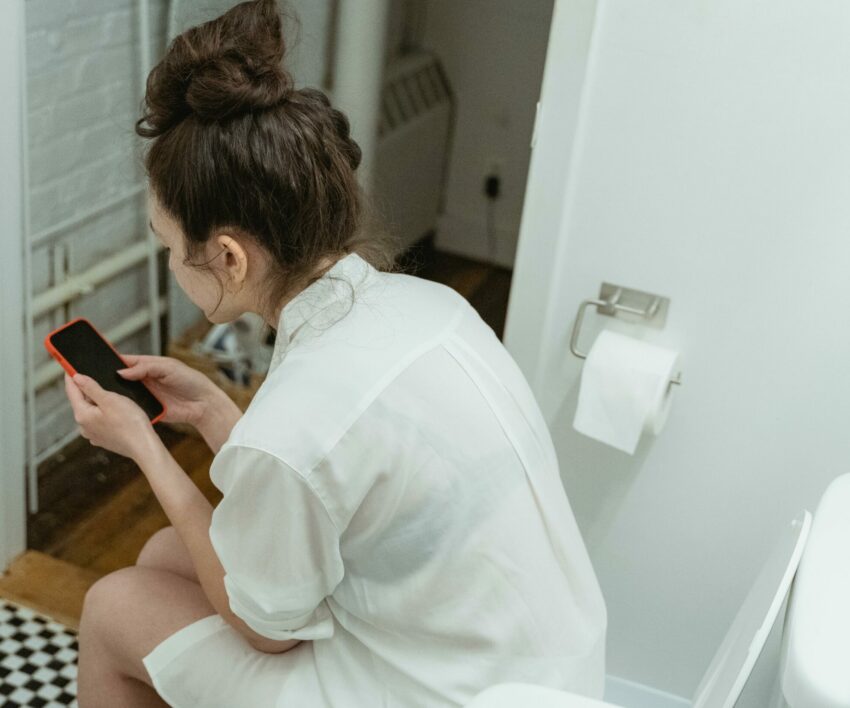
Waking up to use the loo – twice or more is known as nocturia – can disrupt the all-important sleep cycle. It’s common to need the toilet at some point before your alarm sounds, and it’s usually a positive sign that your body’s ‘alert system’ is functioning, indicating that you’re not suffering from incontinence.
But when it becomes too regular, you’re likely to feel the effects of a broken night’s Zs, and it could be a sign that there’s something else going on. Here’s what you need to know:
1. Getting older
Getting older is often the most common and natural cause of nocturia. ‘Ageing is associated with changes in the urinary tract, which leads to increased urinary frequency without affecting urine volume,’ says Dr Naheed Ali*. Menopause can take a toll on the bladder too, leading to more night-time bathroom trips.
2. Your body may form a pattern
Our minds love habits, says Psychology Expert Bayu Prihandito. ‘So, if you’re getting used to waking up at a specific time to use the bathroom, your brain turns it into a routine, acting like an internal clock that signals it’s time to get up.’ Your body and mind can get caught in a loop, making you feel like you need to go even when you don’t. Avoid drinking too much 4-6 hours before bed to minimise the chance of patterns forming.

3. Stress could be to blame
Anxiety or stress can lead to lighter sleep and more frequent awakenings. ‘You might find yourself automatically getting up to go, when it wasn’t actually your bladder that woke you in the first place,’ says Bayu. How are you feeling? If you’re overwhelmed, look for ways to relax, such as going for a walk or trying meditation.
4. It may be the sign of a health condition
Needing the bathroom once or twice at night is very common and usually nothing to worry about. ‘However, some health conditions, such as UTIs, kidney failure, heart issues and even diabetes can trigger nocturia,’ warns Dr Ali. ‘Sleep disorders, like sleep apnoea or restless legs syndrome, can also cause you to need the loo more frequently at night.’
5. You may feel groggy
Breaking the sleep cycle and not getting enough restorative rest can contribute to fatigue, memory deficit and low mood. ‘Don’t be afraid to take an afternoon nap, this can be a good way to restore depleted energy,’ says Bayu. Re-evaluating your bedtime routine and cleaning up sleep hygiene could help to get you back on track.
Compiled by: Savanna Douglas
First published by Woman&home
Also see: 4 tips to help manage bedwetting




